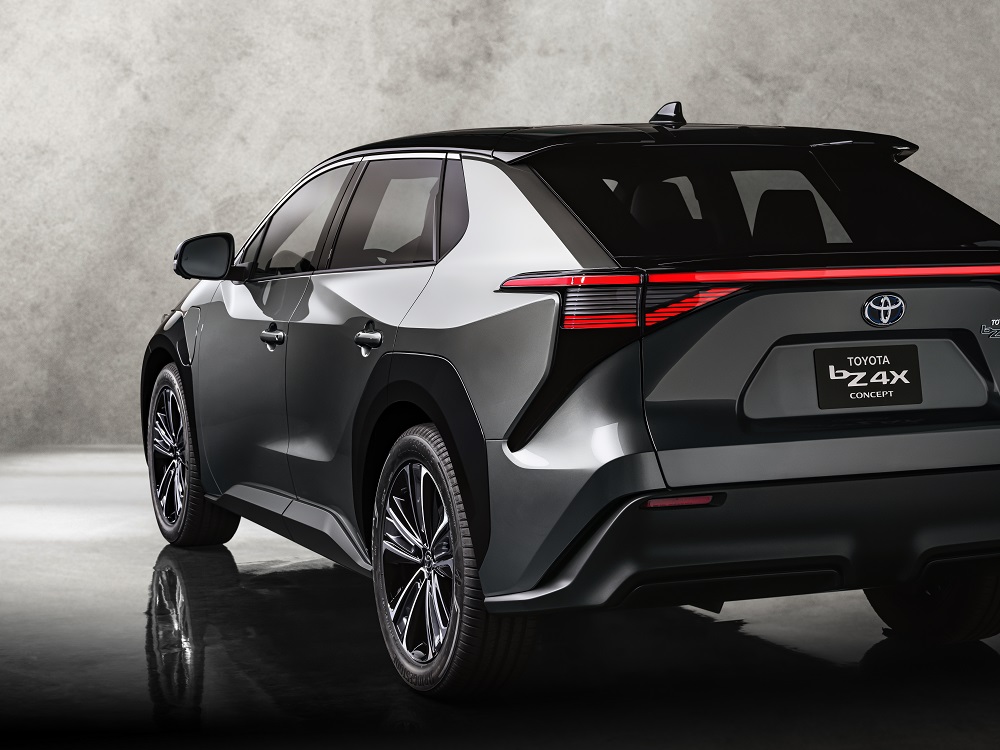Toyota, Honda, Volkswagen Oppose Biden’s EV Tax Credit
Toyota, Honda, Volkswagen, and other non-unionized manufacturers are opposing a new proposal that would introduce a $2,500 EV tax credit for vehicles produced by union labor.
The current EV tax credit is capped at $7,500 and the proposal could potentially raise the limit to $12,500 by adding a $2,500 credit for EVs made in the United States in addition to the aforementioned union labor credit.
Alt Fuel: Cars that use alternative energy sources
President Joe Biden, who signed an executive order earlier this month calling for electrified vehicle sales to make up half of the U.S. auto market by 2030, supports both of the new EV credits. He says that reaching the target “[m]eans purchasing incentives for consumers to buy clean vehicles — union-made right here in America — like the ones championed by Debbie Stabenow and Ron Wyden in the Senate.”
Volkswagen was quick to speak up, stating last month that it prefers credits that “do not favor one automaker over the other.” The German automaker was last week joined by Honda and Toyota. In a statement to Automotive News, Toyota claimed that “this policy would unfairly discriminate against American workers based on their choice whether to unionize” and that its employees have already sent 10,000 letters to members of Congress to make their opposition known.
Carbon Neutral: Toyota’s plan for long-term sustainability
The new incentive was also criticized by Autos Drive America, an organization representing the U.S. operations of international automakers. “It is baffling that Congress is pushing electric vehicle incentives that only benefit union workers in certain states,” said CEO Jennifer Safavian. “All U.S. auto workers take pride in their work. Today, half of all vehicles manufactured in the U.S. are built by Americans who have chosen not to join a union. Congress needs to keep full incentives for all-electric vehicles and not play favorites.”
Automakers believe they can meet Biden’s target of 50 percent EV sales by 2030, or at least get close, but only if Congress spends billions of dollars on tax incentives and EV recharging infrastructure. Currently, EVs represent only about 3 percent of auto sales with the biggest hurdle being consumer acceptance.
Kurt Verlin was born in France and lives in the United States. Throughout his life he was always told French was the language of romance, but it was English he fell in love with. He likes cats, music, cars, 30 Rock, Formula 1, and pretending to be a race car driver in simulators; but most of all, he just likes to write about it all. See more articles by Kurt.


